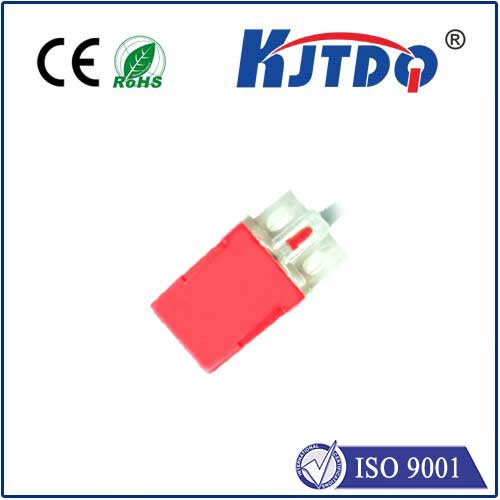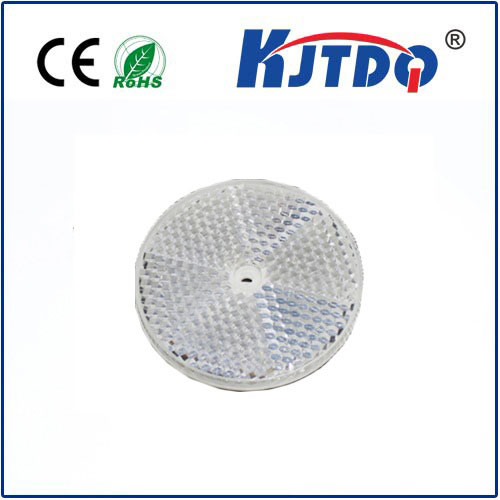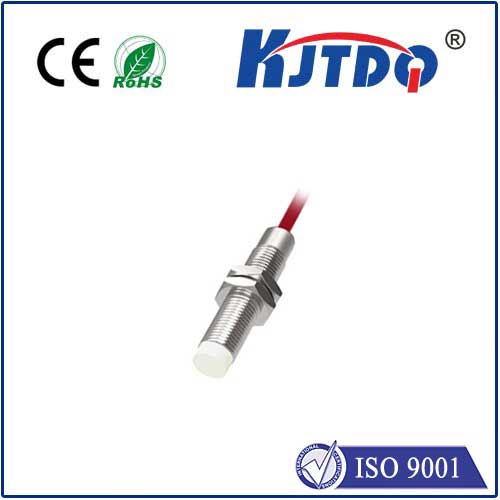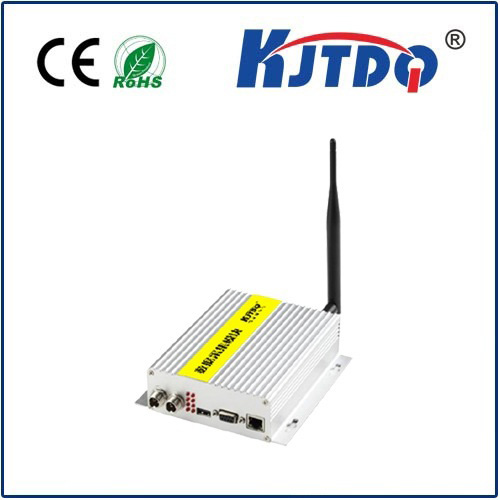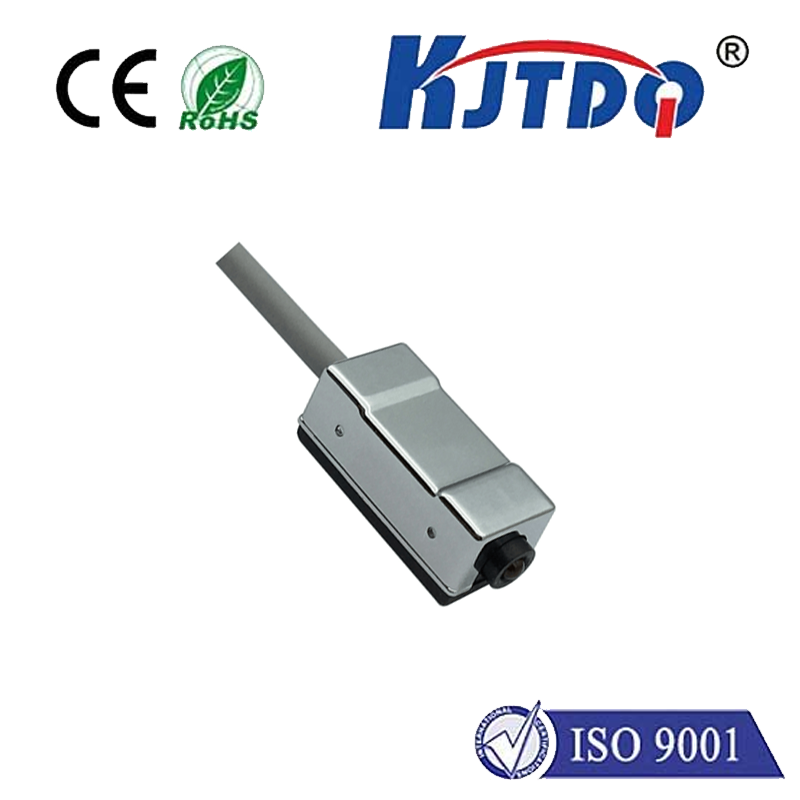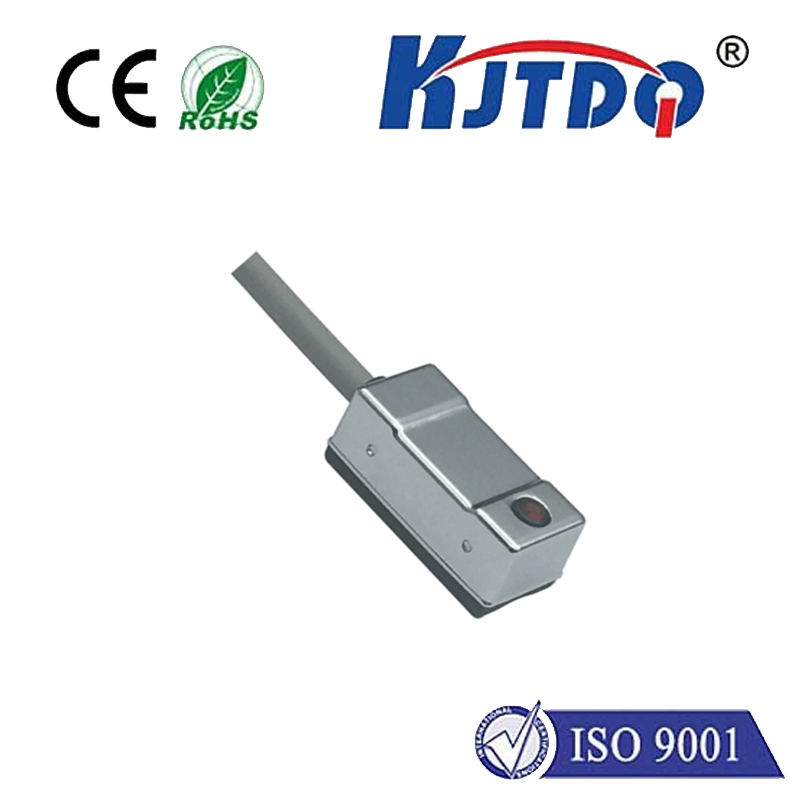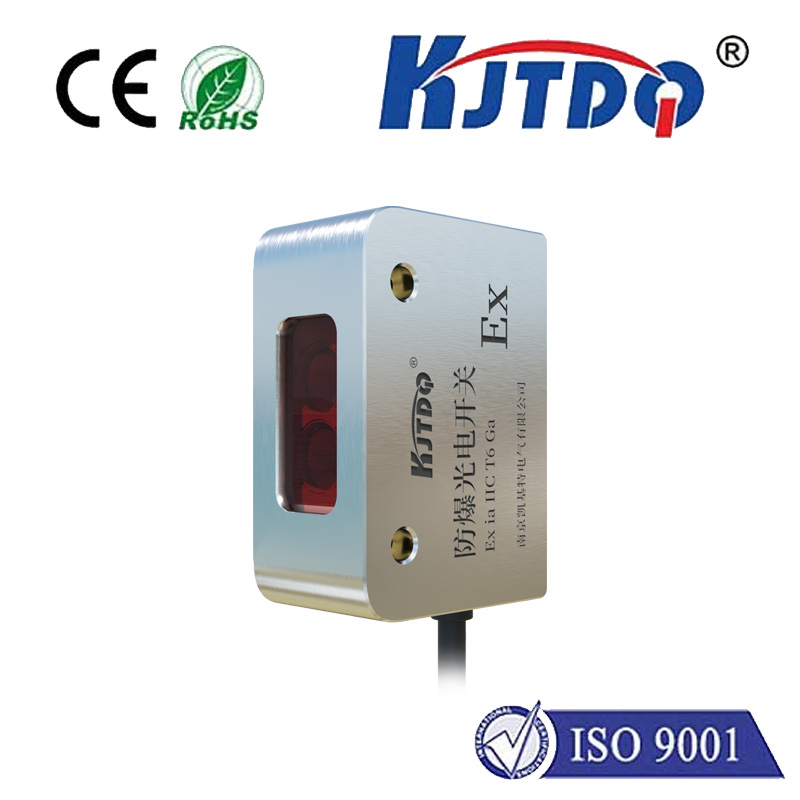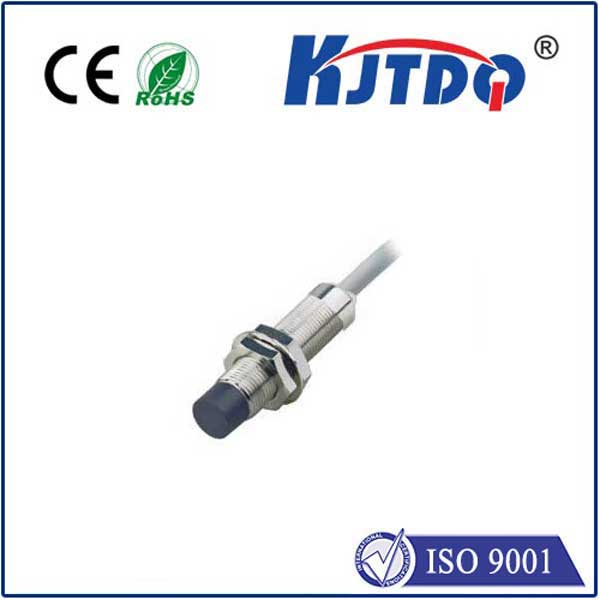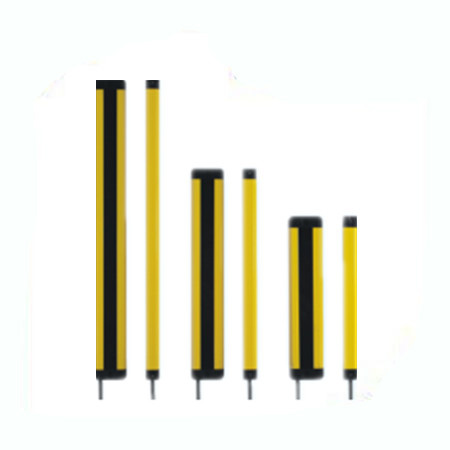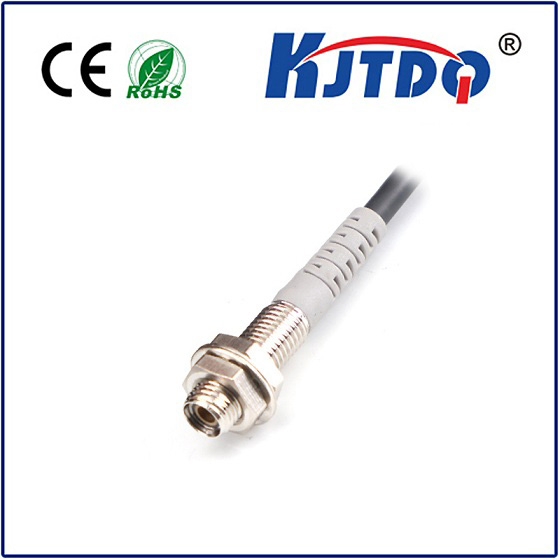
check

check

check

check
Introduction:
The world of industrial automation has been transformed by innovative technologies, and one such breakthrough is the micro inductive sensor. This tiny device has revolutionized the way machines detect and measure various parameters, enhancing efficiency, accuracy, and productivity in various industries. In this article, we explore the capabilities of micro inductive sensors, their applications in manufacturing, and how they are shaping the future of industrial automation.
Section 1: What Are Micro Inductive Sensors?
Micro inductive sensors are a type of sensor that uses magnetic fields to detect and measure various physical phenomena. These sensors are based on the principle of induction, where a magnetic field alters the electrical conductivity of a material, causing a change in the electric current or voltage detected by the sensor. The design of micro inductive sensors ensures they are lightweight, compact, and low-cost, making them highly versatile for a wide range of applications.
Section 2: Applications of Micro Inductive Sensors in Manufacturing
The use of micro inductive sensors has transformed several aspects of modern manufacturing, from assembly line optimization to quality control and predictive maintenance. Some of the key applications include:
a) Assembly Line Monitoring: Micro inductive sensors can be used to monitor the position, orientation, and movement of machine parts during production. This helps to improve process consistency, reduce errors, and increase productivity.
b) Quality Control: Micro inductive sensors can detect minute variations in materials or product characteristics, enabling manufacturers to quickly identify defects and ensure high-quality output. For example, they can be used to measure the thickness or density of materials, ensuring consistent specifications.
c) Predictive Maintenance: By monitoring the performance of machinery using micro inductive sensors, manufacturers can identify potential issues before they become significant problems. This leads to reduced downtime, increased equipment lifespan, and improved operational efficiency.
Section 3: Advantages of Micro Inductive Sensors over Traditional Sensors
Compared to traditional sensors, micro inductive sensors offer several advantages, including:
a) High Accuracy: Due to their small size and precise design, micro inductive sensors can detect even the slightest changes in physical parameters. This translates to higher accuracy and reliability in measurement.
b) Easy Integration: Micro inductive sensors can be easily integrated into existing systems without requiring significant modifications. This makes them ideal for use in complex industrial environments where space is limited.
c) Long Lifespan: Since micro inductive sensors rely on magnetic fields rather than mechanical components, they have a longer lifespan compared to traditional sensors. Additionally, their minimalistic design reduces wear and tear, further extending their operational life.
Conclusion:
Micro inductive sensors have emerged as a game-changer in the field of industrial automation, offering numerous benefits for manufacturers and businesses alike. As technology continues to advance, it is likely that these devices will become even more prevalent, driving innovation and improving overall productivity across various industries.
